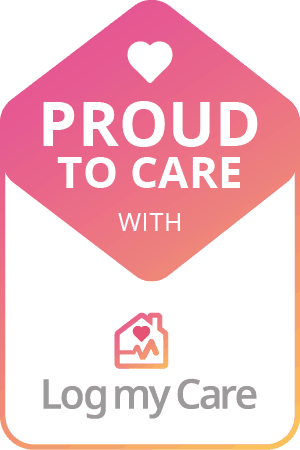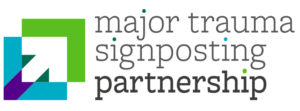Beacon Case Management is Proud to Care with Log my Care, our go-to care management software.
We’re proud to be more efficient, better future-proofed, and paperless. Adopting the Log my Care system means we can provide better services to our clients and partners. Learn more here.





